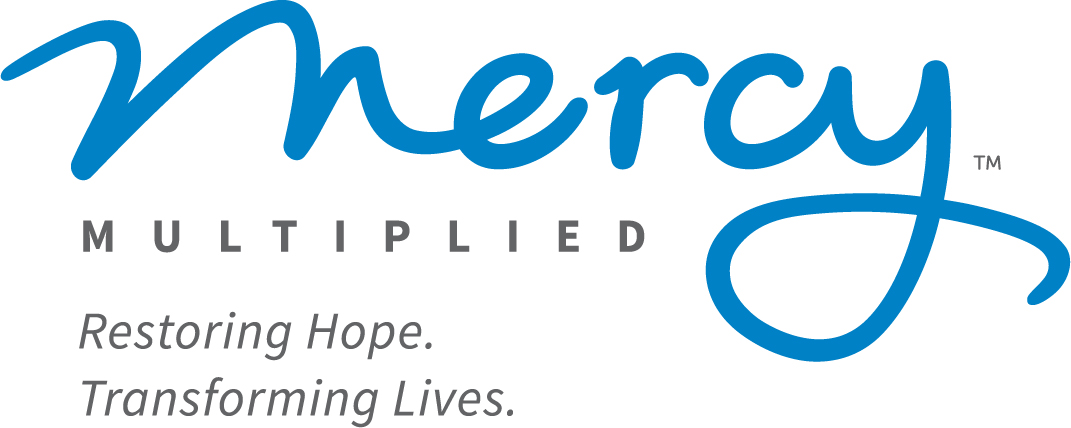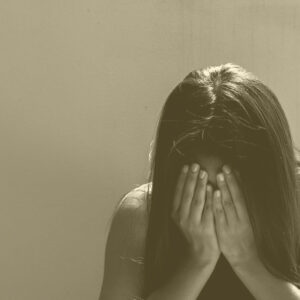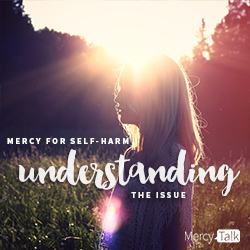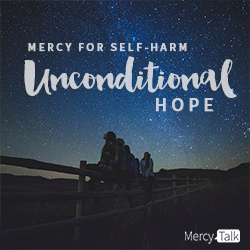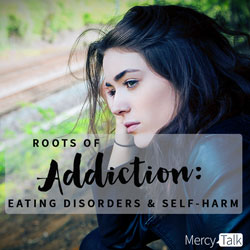Self Harm
The Numbers
The most common methods of self harm are:
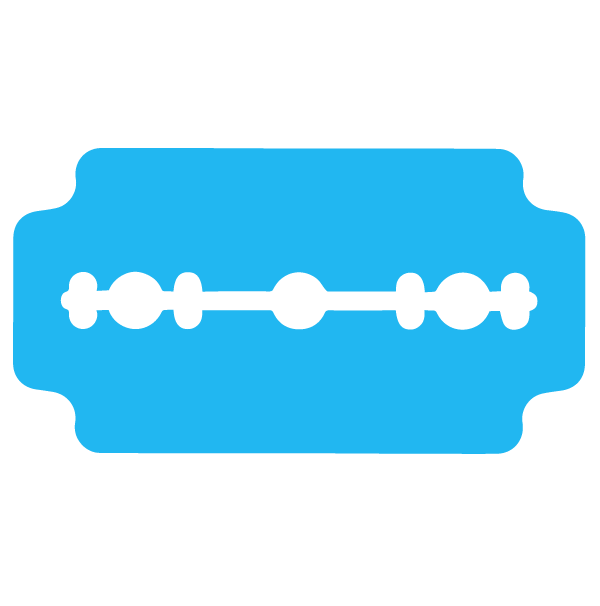
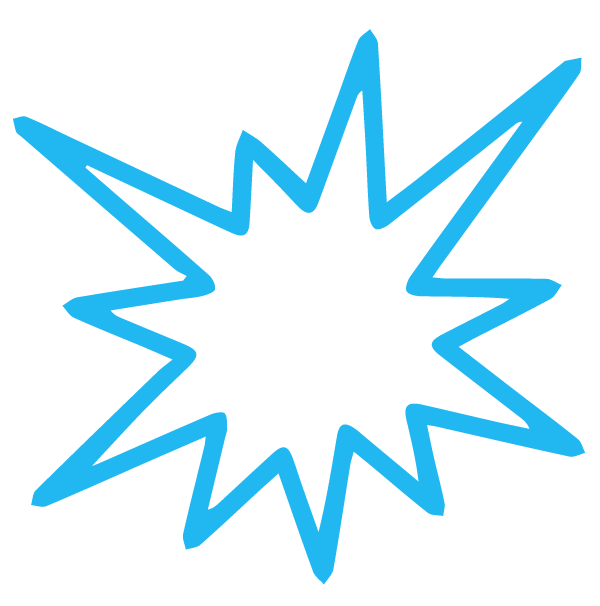
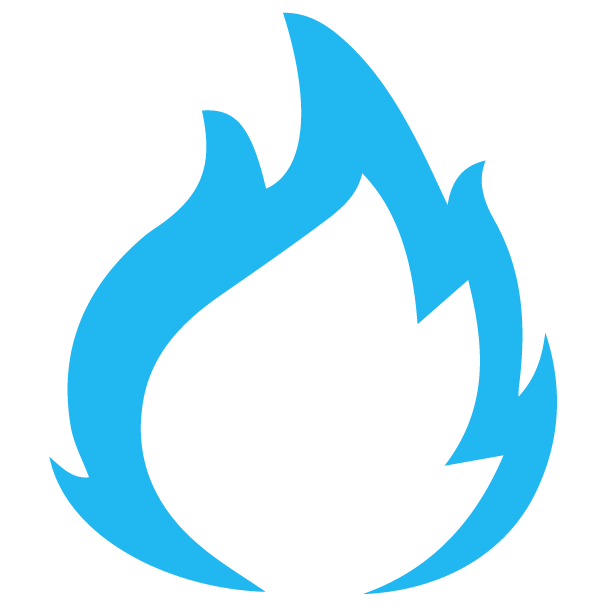
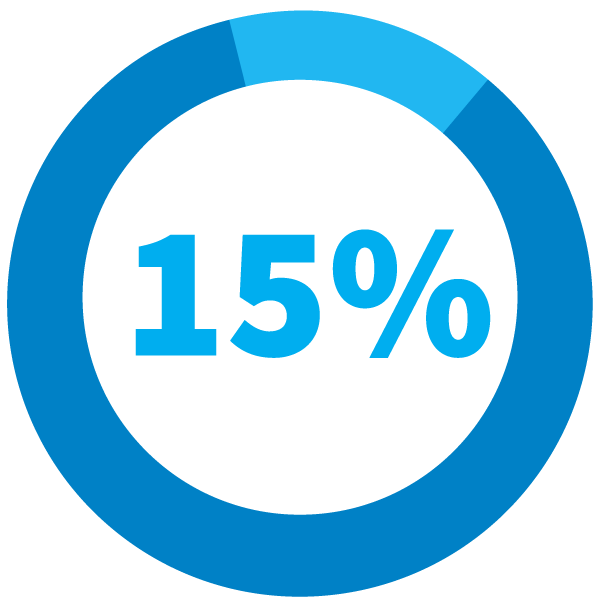
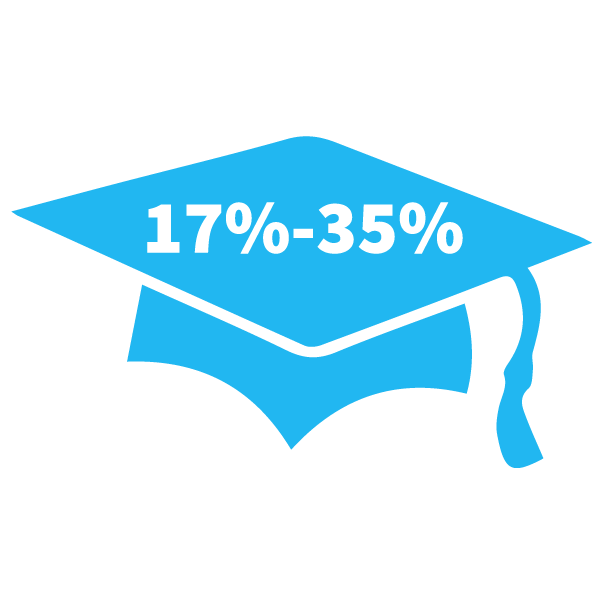
What is Self Harm?
Self harm has become a rampant epidemic that is affecting many young people today. The act of self harm, sometimes referred to as self injuring or cutting, is a deliberate, repetitive, impulsive harming of the body. It is usually done in secret and is often hard to detect.
People self harm for various reasons—expression of pain and hurt deep within, self punishment, or the need to feel something physical after having experienced emotional numbness.
Self Harm Signs and Symptoms
Self Harm • Self Injuring • Cutting
- Inflicting cuts with any type of sharp object, usually on an area of the body not normally exposed
- Carving words into one’s body
- Constant scratching as a response to pressure or unexpected circumstances
- Picking at scabs and preventing the healing process from taking place
- Burning the skin on a regular basis with erasers, fire, or small heat-conducting appliances or metals
- Punching the body – including beating the head against walls or other inanimate objects
- Biting the inside of the mouth or skin of the arms, hands, or legs
- Pulling out hair, including eyelashes and eyebrows
- Breaking bones or severely bruising the body
Possible indicators someone may be struggling with self-harm:
- A preference for wearing concealing clothing at all times (e.g. long sleeves in hot weather)
- An avoidance of situations where more revealing clothing might be expected (e.g. unexplained refusal to go to a party)
- Usually frequent excuses of accidental injury (e.g. a cat owner who frequently has scratches on their arms, or “I fell”)
- Unexplained frequent injuries, including cuts and burns
- Low self-esteem
- Difficulty handling feelings
- Relationship problems or avoidance of relationships
- Poor functioning at work, school, or home
Need Help?
If you or someone you know is struggling with self-harm, Mercy Multiplied can help. Our residential program helps young women ages 13-32. If you reside in Monroe, LA or St Louis, MO, please consider applying to our Center for Wellness and Counseling. These outpatient counseling services are offered to men and women 13 and older. Our residential and outpatient services are free-of-charge, and you can learn more about these services here. If you do not qualify for either of these programs, please consider finding a Christian counselor in your area or visit aacc.net.
